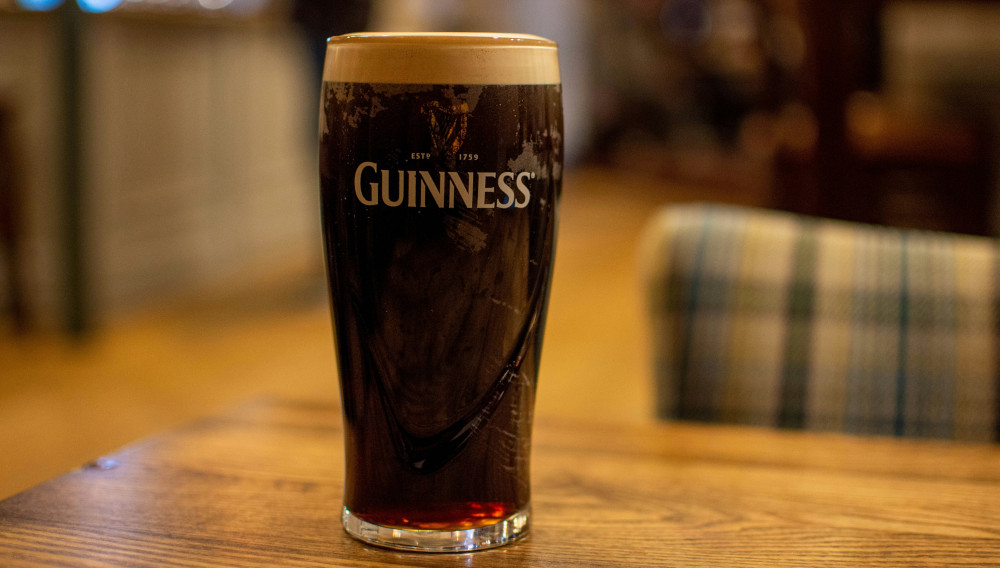Europe/Russia
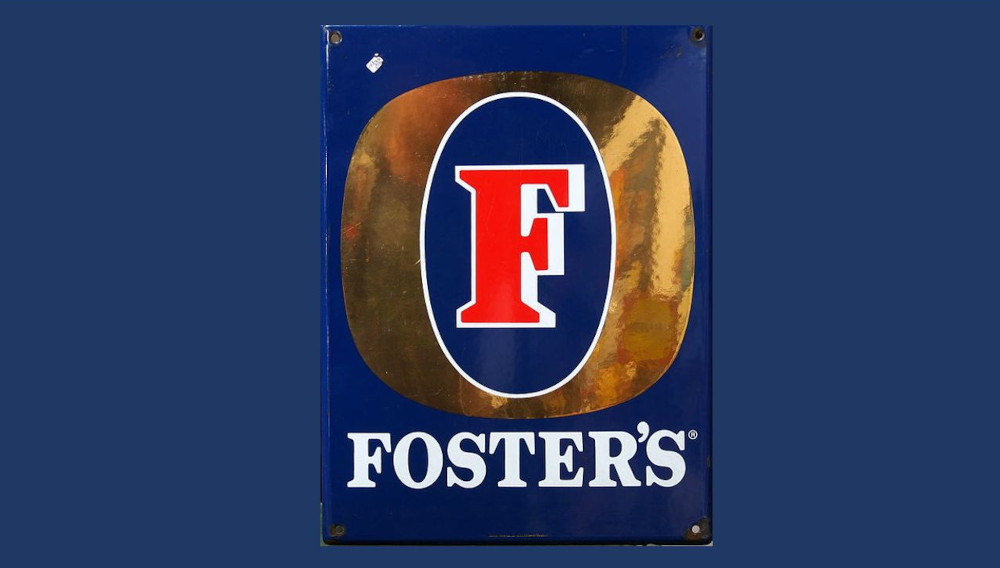
United Kingdom | The cost of living crisis: Heineken UK will reduce the strength of its Foster’s lager to 3.4 percent ABV from 3.7 percent ABV as of February 2026 to take advantage of duty savings on weaker beers, the trade publication The Grocer reported on 11 November. Punters were reassured that Foster’s “updated” ABV will not affect taste.
Europe/Russia
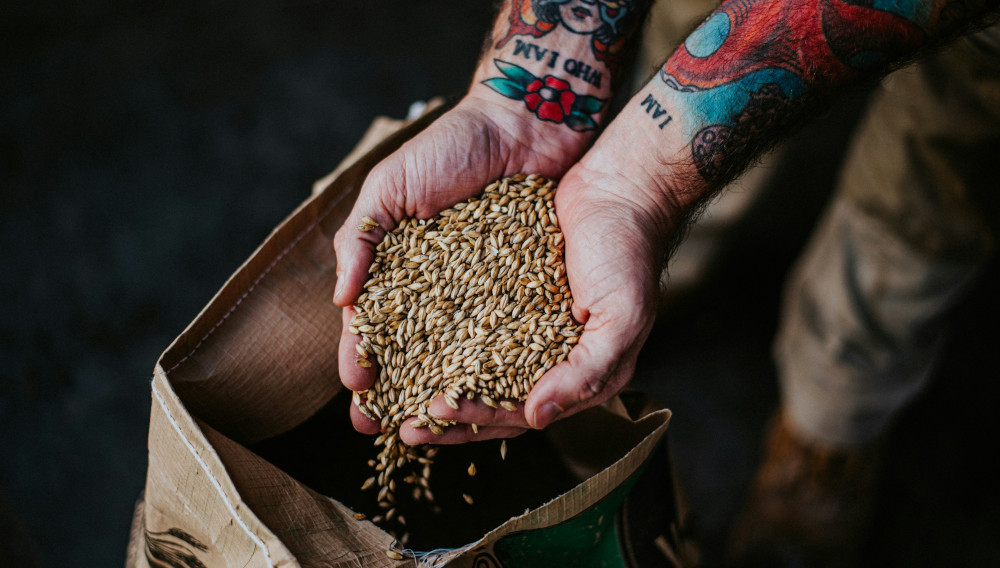
United Kingdom | Diageo has paused malt production at its Roseisle site, near Kinloss in Moray, until next summer in the latest sign of mounting pressure on the Scotch whisky supply chain. Farmers, maltsters and producers are feeling the squeeze as demand slows and costs rise, media reported on 18 November.
Europe/Russia
The Netherlands | In this seemingly never-ending story, final proceedings began at the Amsterdam District Court to determine the amount in compensation which Heineken must pay to Macedonian Thrace Brewery (MTB) for the proven anti-competitive conduct of Heineken’s Greek subsidiary, Athenian Brewery.
Europe/Russia
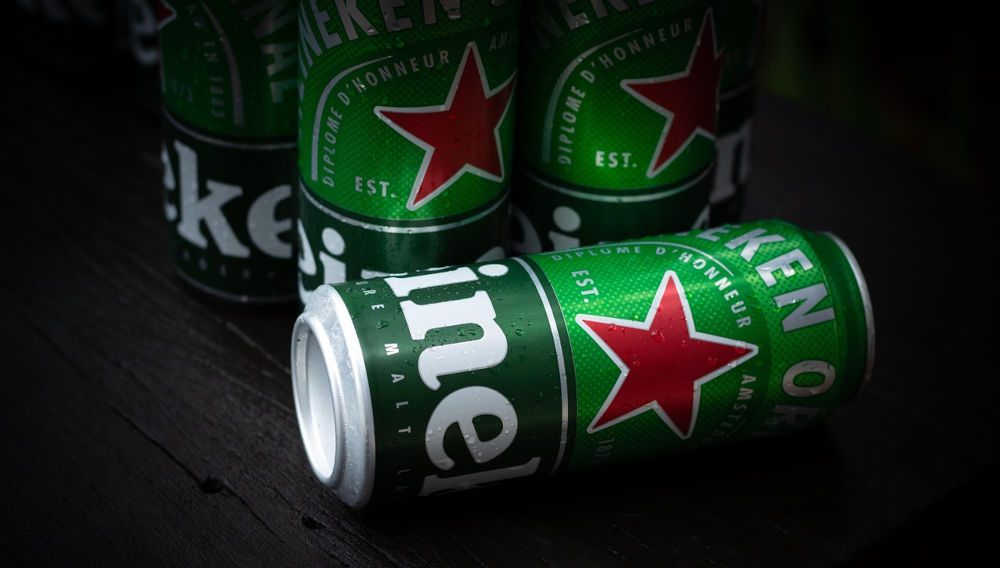
The Netherlands | As Heineken is aiming to deliver mid-single digit annual revenue growth until 2030, CEO Dolf Van den Brink had to come clean with investors (23 October) how this target can be met. Analysts were told the brewer will focus investment on 17 key markets, while considering divestment from underperforming markets.
Europe/Russia

United Kingdom | Diageo’s shareholders breathed a sigh of relief on 10 November after the drinks group announced the appointment of its new CEO, Sir Dave Lewis. The news that Diageo had not only ended an awkward four-month long recruitment drive, but had sent for the man widely credited with saving the UK retailer Tesco, boosted Diageo’s shares by as much as 7 percent that day.
Europe/Russia

Luxembourg | The EU’s top court has ruled that non-alcoholic drinks cannot be called gin. Only spirit drinks based on ethyl alcohol, flavoured by juniper berries with a minimum alcoholic strength of 37.5 ABV, can be marketed as gin, the court said in a judgment issued on 13 November.
Europe/Russia
Russia | Russia’s largest bank, Sberbank, has acquired through its subsidiary Sberbank Investments a 9.1 percent stake in Bochkarev Breweries, previously known as United Breweries (OPH), which itself was the renamed Russian unit of Heineken. As of 1 November, Bochkarev Breweries is the new name of Russia’s third-largest brewery. The Russian news site Kommersant reported on 30 October that local observers value the investment between RUB 1.3 billion and RUB 1.7 billion (USD 21 million).
Europe/Russia
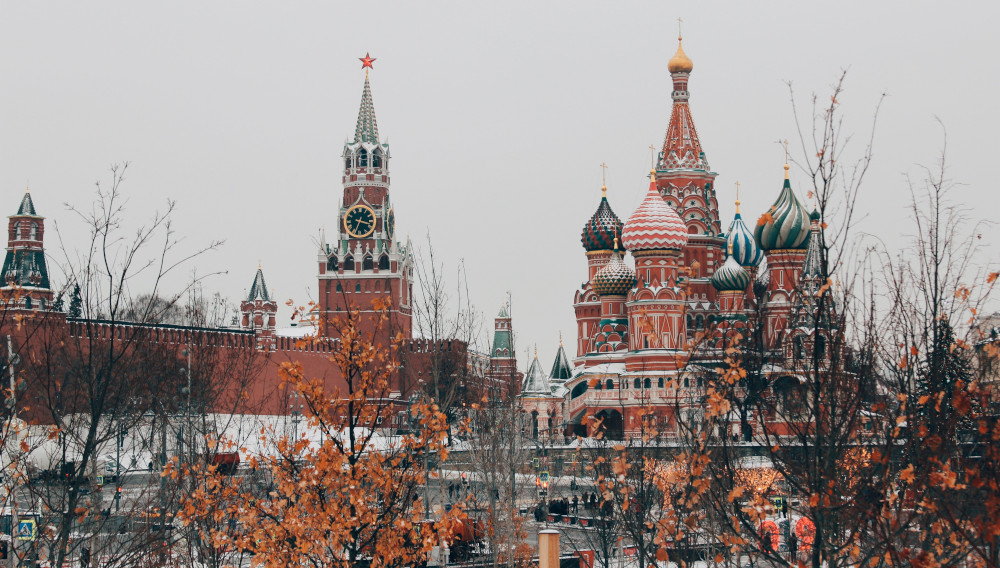
Russia | Is this a sign of worse things to come for the Russian economy? Off-premise beer sales in the first nine months of 2025 have declined by 16.9 percent over the same period in 2024. The collapse in demand is explained by the cold summer and rising prices. However, the drop in sales is seen in almost all key alcohol categories, including wine and vodka.
Europe/Russia

The Netherlands | Heineken will end its three-decade-long run as the official beer sponsor of the UEFA Champions League in August 2027. The decision follows what the group described (30 October) as a “strategic review” of its sponsorship portfolio. The company cited a sharper focus on investments that deliver “spend proportionate to value creation” and measurable returns on investment. Heineken first sponsored the tournament in 1994 with the Amstel brand before switching to its flagship namesake beer in 2005.
Europe/Russia
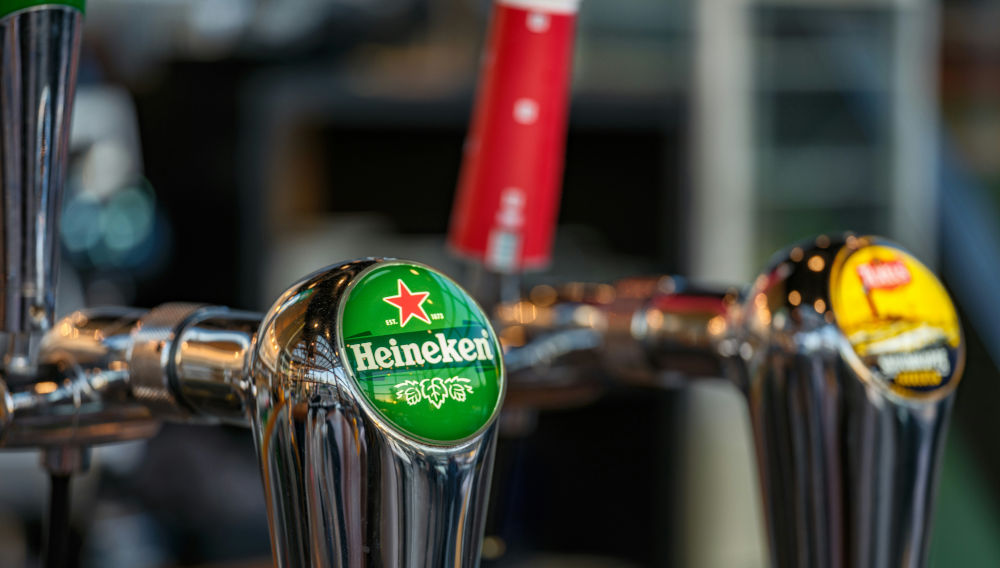
The Netherlands | Dutch brewer Heineken notified on 22 October that its 2025 beer sales would fall as macroeconomic challenges worsened, further downgrading its volume guidance from the previous quarter. The company reported a 0.3 percent organic decline in third-quarter 2025 net revenues. Its 4.3 percent organic beer volume decline was broadly in line with forecasts. Volume sales are down 2.3 percent year-to-date.

